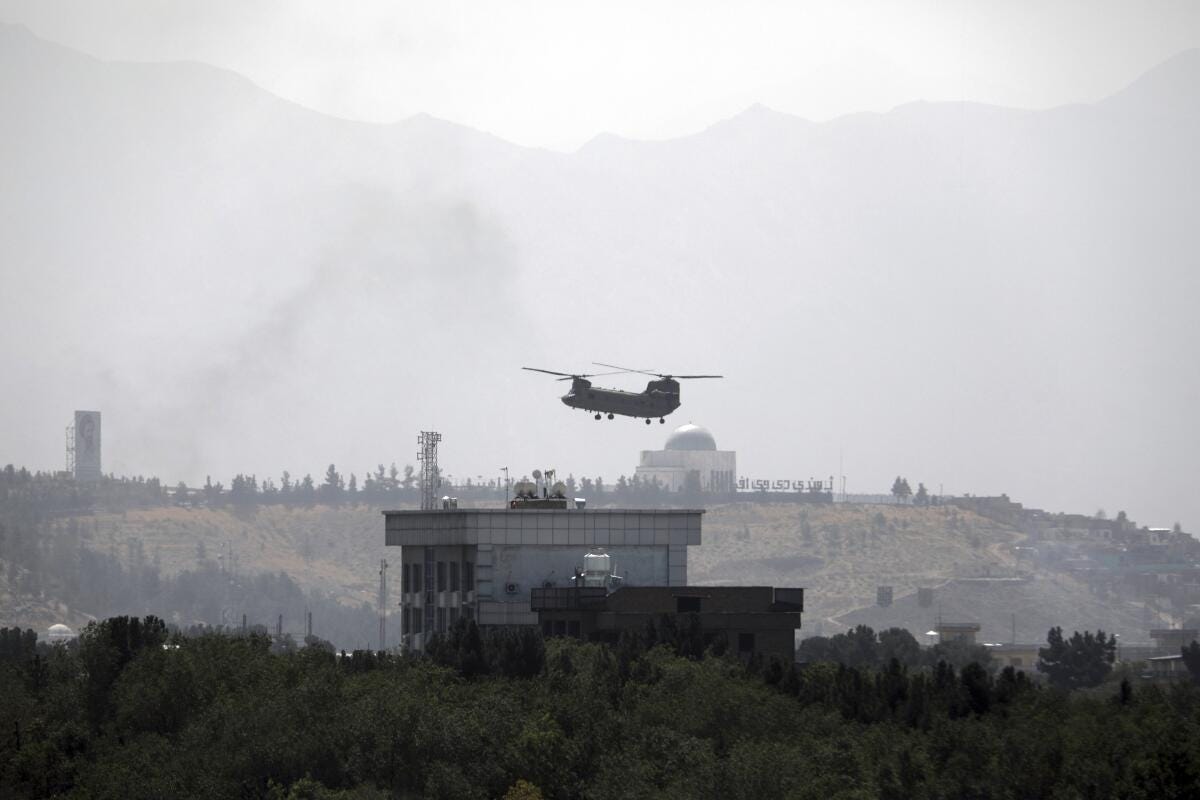Why the US should not and cannot war in the Middle East
The next trap for American power

On July 31, 2024, Hamas leader Ismail Haniyeh, who traveled to Iran for the elected President Pezeshkian’s inauguration, was assassinated and Israel has been accused of this operation. The assassination fuels the regional tensions that have already been toughing between Iran and Israel. The dark side of the possible war is the intervention of external actors such as the United States. The US delegation, who traveled through Turkiye to Iran, reported to Tehran that they would defend Israel in case of war although they did not want a big war.
Israel represents several American interests in the Middle East without whom Washington may lose its strong fist in the region. First of all, the United States could influence political trends in the energy-rich region to provide energy security. Secondly, the American semiconductor industry has links with Israel and is considered the only semiconductor industry in the Middle East. Thirdly, Israel in the region guards American interests against Chinese influence. None of the Arab allies of the US is as reliable as Israel and some of them have already begun closer interactions with Beijing.
Despite all of these factors Israel-American relations possess, the United States should not war in the Middle East because it cannot control the geopolitical situation.
Historical experiences show how the US failed to provide stability and democracy in Afghanistan, Iraq, and Libya. As Robert Kaplan writes, the US gave Iraq to Iran on a silver plate after overthrowing Saddam Hussein. In Afghanistan pro-Chinese Taliban took control in 2021 while pro-Russian Khalifa Haftar seized the majority of the Libyan territory. Unlike those three countries, Iran possesses imperial features characterized by Tehran’s influence on Iraqi and Syrian governments and military proxy groups in the Middle East. The Fall of Tehran means a big tide of uncontrolled military units decreasing the possibility of peaceful negotiations and diplomacy.
The Middle East experienced the fall of the Ottoman Empire at the beginning of the XX century which subsequently led to artificial borders and clashes of ethnic and religious groups. However, Washington has not presented its plans for how to deal with ethnic groups in internal Iran and external proxy military units in case Tehran falls under the American and Israeli armies. Tehran’s nuclear ambitions and military support of proxy groups are issues that can be solved through systematic diplomacy, nevertheless unplanned intention without a clear alternative governing structure in Iran is a level that the United States cannot control and should not start with an intuition.
In a worse case, the effects of a potential instability in Iran will not remain in inside the borders. The spillover of a crisis affects the economic, transportation, security, and migratory policies of neighboring regions like Central Asia and the Caucasus. Considering that Iran is a geopolitically larger and more complex unit than Afghanistan, Iraq, and Libya, the political crisis-management capacity of the United States is arguable.
Direct involvement of the US forces in the Middle East limits its participation capacity in deterring China in Taiwan where cutting-edge semiconductor production is located. The latter turns out to be more interruptive for American tech hegemony in the world than the former. It is because Taiwan is a technology provider for the US while Israel is a receiver. Furthermore, Washington will have to leave its European allies alone against Russia and cut American supply.
Instead, the United States should utilize its diplomatic channels in the Middle East to detent the situation. Qatar, Egypt, and Turkey could play a significant role in negotiations between Israel and Iran, thus excluding the potential war of the US in the region. Washington could avoid a trap of uncontrollable crisis that will affect neighboring regions and resource-burden that could help deter China in Taiwan and Russia in Ukraine.
In parallel, Washington should support centrist and leftist political groups in Israel on whose domestic policy the US may influence. Those groups are likely to decrease tensions with regional enemies while Washington could demonstrate the power of its diplomacy. When Pezeshkian came to Tehran as a negotiable president, Washington may contribute to regional peace through leftist or centrist political groups in Israel.
To wrap up, Washington should avoid an intuitive engagement in a war in the Middle East since the US cannot control a crisis. Alternatively, the United States should use its diplomacy to detent tensions in the Middle East and contribute to regional peace.
Shakhboz Juraev is the Chief Coordinator of Technology in Global Affairs. He is the author of the book "Hybrid Strategy of Cybersecurity: The Role of Information Technology Companies in Chinese Cybersecurity Policy”.


